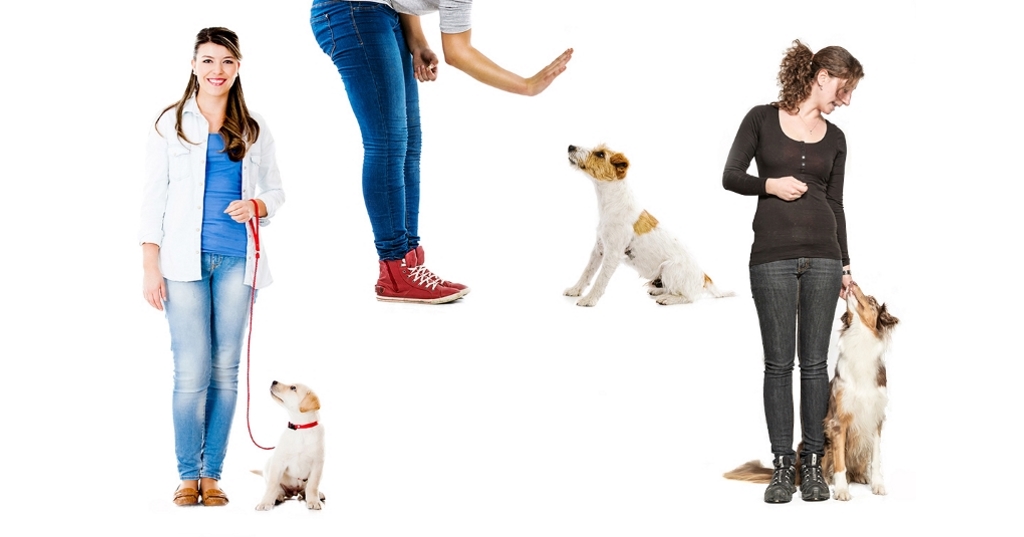Should I Get My Puppy (or adult dog) Trained?
Many dog owners might think that training their puppies is only about teaching them how to act on command – sit, down, stay, and even fun ones like roll over. Moreover, many think that training their puppies is a simple and straightforward task that can be done once on their own.
However, training your puppy is much more than a few basic commands…as many new puppy owners soon find out when their puppy does not get the training they need. From furniture chewing, potty training, excessive barking, pulling on a leash, coming to you when called (recall), staying in place, aggressiveness towards others (people or dogs), and more, training can take many shapes and forms and provide endless benefit and enjoyment for both you and your dog.
By the way, the old saying “you can’t teach an old dog new tricks” is nonsense. Dogs, both young and old, can benefit from training and in fact be trained. You just need to know what you are doing (or have someone who knows do it for you), be consistent, and be disciplined.
In general, you can separate training of your dog into two types: obedience and behavior training. There is of course basic training, advanced training, and then training of extra aspects that offer some specialization such as agility, search & rescue, and more. But we won’t touch on these advanced levels at this point. Let’s stick to the basics…among many other things, training can help with:
- Basic obedience & heelwork including on and off leash
- Puppy behavior shaping
- Problematic behaviors
- Excessive behaviors
- Separation anxiety
- Aggression
- Confidence building
Some key things to consider and remember
- Like humans and learning, different dogs require different training methods. Lern about your dog and breed and try to develop a custom training program for every obedience and behavior training need. Your training plans should be goal and breed-specific with a focus on human-canine interaction.
- Training is not just about your dog. It is about you, your family members, and your dog. It is a two way relationship so you both need to be part of the process.
- Focus on positive, reward-based training. Behavior is shaped through the consistent reward of desired behavior: In this way, the dog is set-up to succeed without coercion.
- Positive reinforcement in behavior conditioning, transitioning voluntary behavior into involuntary responses is what you are after. Training is not without consequences or corrections.
- Dogs either lead or are led in and by nature, therefore how they are led in our homes is the responsibility of us – the humans.
- Rules, boundaries, and expectations should be set by the human members of the household. The humans should occupy a higher ranking status in the home. With that said, the human relationship with the dog should be one of fairness and respect.
Remember, most people don’t just decide to teach their kids instead of sending them to school (yes, there is home schooling but that is not the majority). Similarly, while you might be able to train your own dog (both from a knowledge, experience, and time perspective), you may want to consider getting a trained professional (pun intended) to help you out.
If you are interested in learning more about training, or other dog related services, click here and feel free to give us a call.

